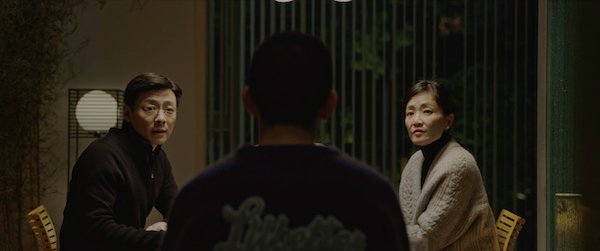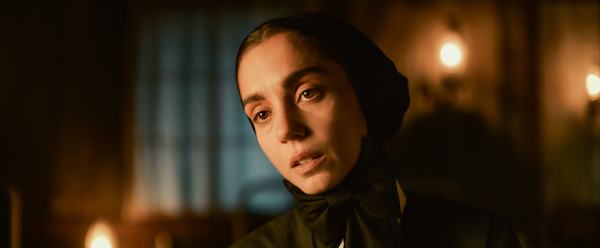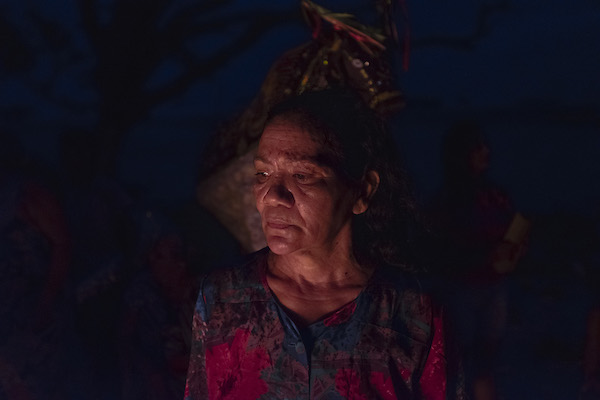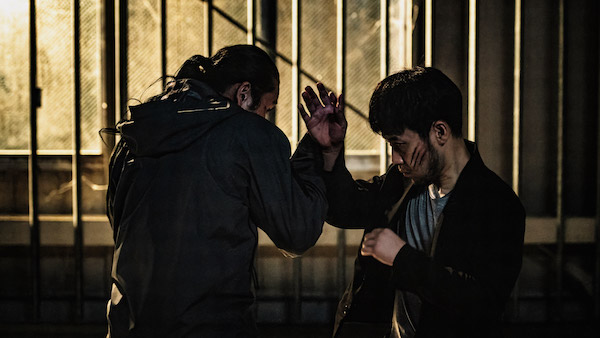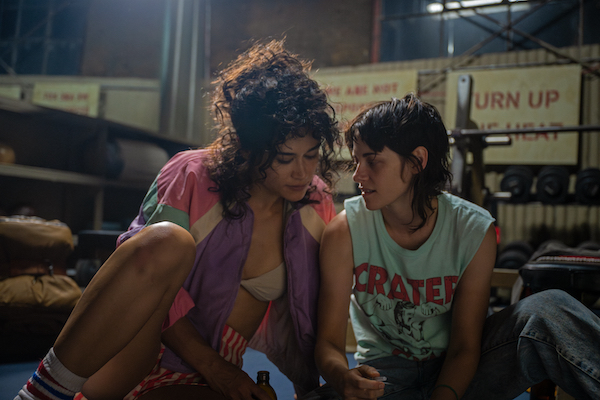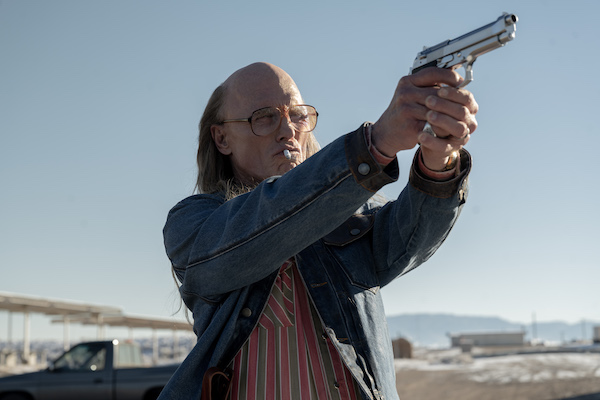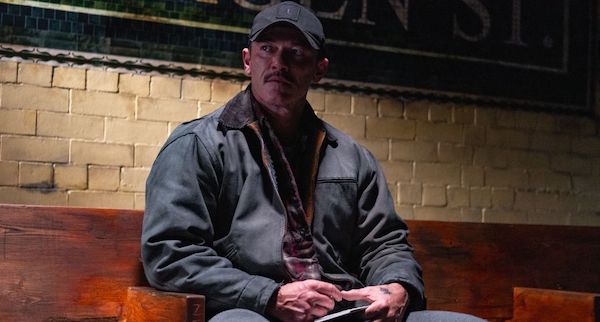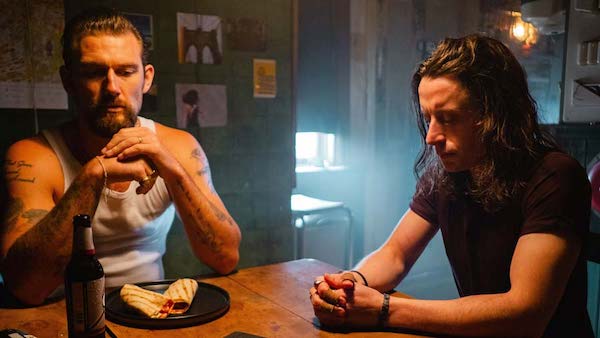
Unfolding like a folk tale that’s only dimly remembered, Dancing Village: The Curse Begins is a prequel to KKN Di Desa Penari, an Indonesian blockbuster released in 2022. This slow-burn thriller sends cousins and friends to a remote jungle village on Java. There they encounter ancient demons and curses.
Director Kimo Stamboel draws on Eli Roth and Ari Aster as much as Indonesian traditions. His movie fits comfortably into Western horror conventions. Dancing Village is paced so deliberately that most viewers will see the shocks coming a mile off.
That’s not to say Lele Laila’s script doesn’t build enough tension. The story exploits the contrast between its urban leads and their rural village counterparts while still finding ways to keep them on equal standing. Yes, it’s a different world in the jungle, but the people who live there have the same dreams and ambitions.
A long prologue set in 1955 depicts a ritual in which drugged or hypnotized girls dance until one survives for a ritual sacrifice. But a girl manages to steal the demon Badarawuhi’s snake bracelet, disrupting the spell. She races off into the jungle, leaving the shaman Buyut to deal with the consequences.
Twenty-five years later, Mila (Maudy Effrosina) brings her cousin Yuda (Jourdy Pranata) and their nerdy friend Jito (Moh. Iqbal Sulaiman) back to a nearby jungle village. A shaman has told her the only way to save her dying mother is to return the snake bracelet.
Villagers are friendly but unhelpful. Buyut, now the elder, is “away.” No one else will tell them where the dancing village is. Yuda persuades Ratih (Claresta Taufan) to stay in her house with her mother—who’s also mysteriously ill.
At night spirits glide by Yuda and Jito while they sleep on the porch of an abandoned house. Mila hears distant singing. Ratih’s mother spews blood from her mouth. When Mila and Ratih go to the women’s bath house, the demon approaches. Mila’s attacked by snakes, saved only when Ratih pulls her from the pool.

Other encounters include a food stall serving butchered monkeys, flashbacks to Mila’s mother suffering in her bedroom, and various narrative red herrings and stings. Spoiler: Mila must enter the afterlife to free her mother from the demon’s grasp.
What impresses most about Dancing Village is the superb cinematography by Patrick Tashadian. The camera glides through the village, swoops over houses, pulls viewers into intimate contact with the supernatural. Tashadian and Stamboel build incredible atmosphere with very little effort.
Aulia Sarah plays the demon about as well as anyone could expect, given that her motives are obscure and her powers unexplained. Effrosina manages to look worried throughout the film, a one-note turn that lacks nuance. Claresta Taufan gives the best performance in the movie as a daughter who must betray to save her mother.
Dancing Village was planned and shot as an IMAX production, a first for Southeast Asia. Unfortunately Lionsgate won’t be offering that version in the US.
Credits: Directed by: Kimo Stamboel. Screenplay: Lele Laila. Produced by Manoj Punjabi. Director of photography: Patrick Tashadian. Edited by: Fachrun Daud. Music by Ricky Leonard. Sound designer: Hiro Ishizaka. Cast: Aulia Sarah, Maudy Effrosina, Jourdy Pranata, Moh. Iqbal Sulaiman, Ardit Erwandha, Claresta Taufan, Diding Boneng, Aming Sugandhi, Dinda Kanyadewi, Pipien Putri, Maryam Supraba, Bimasena, Putri Permata, Baiq Vania Estiningtyas Sagita, Baiq Nathania Elvaretta.
Opening in theaters April 26, 2024.
Photos: Top—(L-R) Aulia Sarah, Claresta Taufan Kusumarina and Maudy Effrosina in DANCING VILLAGE: THE CURSE BEGINS (Credit: Lionsgate). Center—Aulia Sarah in DANCING VILLAGE: THE CURSE BEGINS (Credit: Lionsgate).



